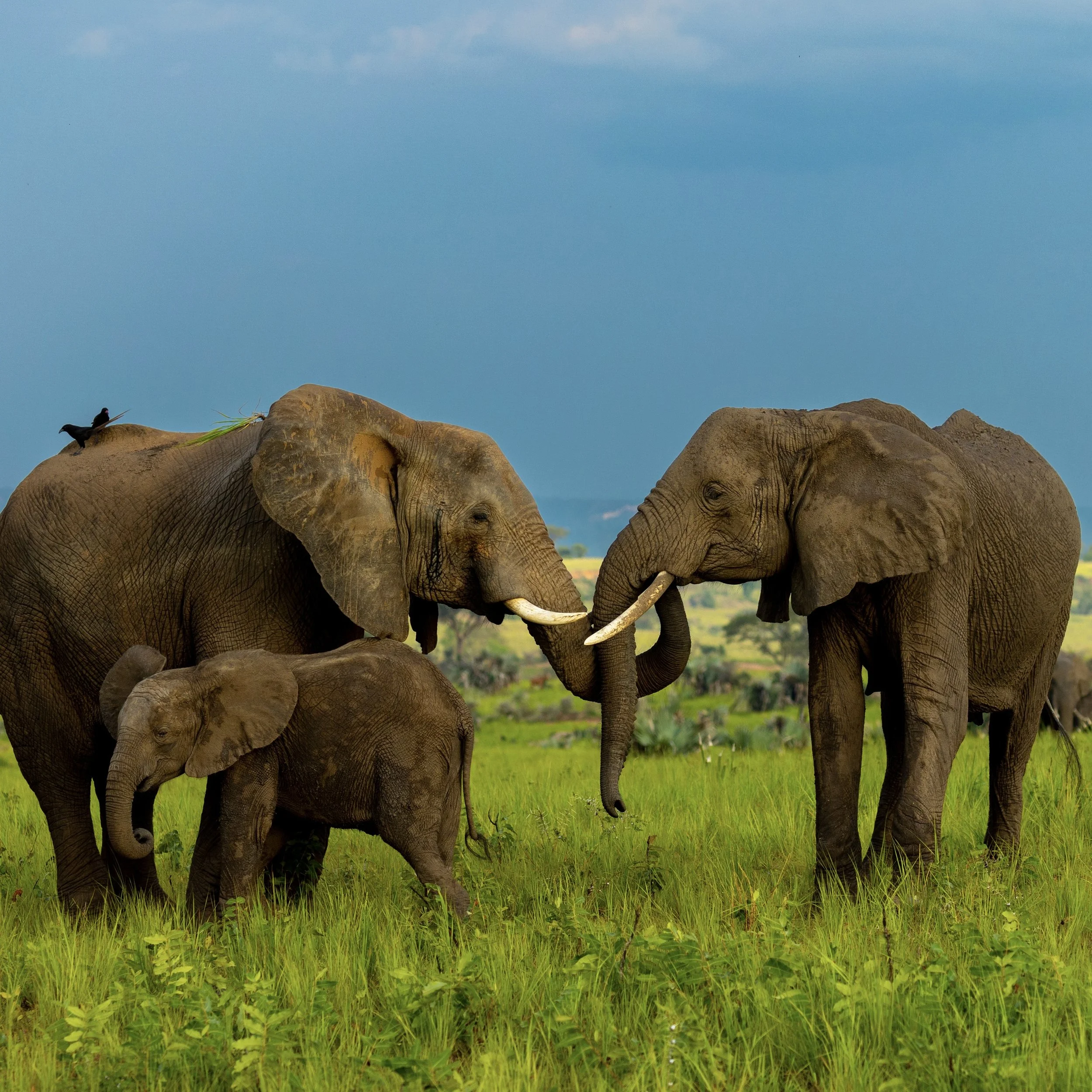February Gallery Artist Daniel Perry is a wildlife photographer born and raised in Glen Rock, New Jersey. Growing up you would seldom find him without an animal encyclopedia in his backpack eagerly awaiting “free reading” time in school. Growing up watching Steve Irwin on Animal Planet, a passion for wildlife conservation was instilled at a very young age. He received a camera as a gift from his parents after taking photography classes at Glen Rock High School, where he honed his interest on photographing the natural world around him. With all his attention focused on the exotic wildlife across the world he never took the time to stop and really appreciate what was around him. That was until he took an ornithology class while at Delaware Valley University, where he was truly introduced to the multitude of bird species we can find right here in the northeast.
During and after Daniel’s studies in horticulture receiving a Bachelors of Science in 2018, Daniel followed his international dreams by traveling to Germany, The Netherlands, South Africa, Canada, Kenya, Uganda, and just a couple weeks prior to the opening of the gallery, Costa Rica. His trip to Kenya and Uganda is what this gallery will narrow down on. Traveling from the swamps around Lake Victoria, the savannah along the Nile River, the grasslands within Queen Elizabeth National Park, and culminating with the rainforest of Bwindi Impenetrable Forest National Park. He had searched for some of the most endangered species with the ultimate experience being an 11 mile hike in order to find and spend time with mountain gorillas, of which there are only 1,000 individuals left on the planet. He had photographed some of the 35 rhinos at the Ziwa Rhinoceros Sanctuary in Uganda, the only place you can currently see wild rhinos in the entire country. Those photos have been used in part on their new and improved website, visited by guests from across the world. Daniel has also worked with rhinoceros at the Care For Wild Rhinoceros Orphanage in South Africa. This was a more hands-on role caring for baby rhinos whose mothers had been poached while they were still too young to fend for themselves. He believes some of the best wildlife conservation can come from showing people the beauty of this world that is being taken advantage of.



